Read more profiles
–Paul Caffyn
–Nouria Newman
–Frank Wolf
–Jon Turk
–Amy & Dave Freeman
–Justine Curgenven
–Mike Ranta
–Ben Stookesberry
After decades of exploring, where do the boldest sea kayakers, whitewater boaters and canoe trippers fantasize about paddling? That’s the question that inspired Paddling Magazine to query some of our long-time contributors and favorite nomadic aquaphiles to ask after their dream destinations, most challenging expeditions and what a life of exploration really means anyways.
In this series of profiles, these exceptional water-wanderers share their top trips, best advice and biggest blunders. And whether their ambitious journeys were taken in the name of discovery, education, environment or glory, these legends affirm what we already know: There’s far more to explore by paddle than anyone could fit in a lifetime—but don’t let that stop you from trying.
Cliff Jacobson is the most prolific paddling author of the last century, with book sales approaching one million copies. His Canoeing Wild Rivers, now in its fifth edition, is an authoritative resource for wilderness canoe expeditions. Jacobson guided extensively and is a popular speaker at paddling events.
Paddler: Cliff Jacobson
Location: River Falls, Wisconsin
Occupation: Retired science teacher, writer and author.
Latest Project: Jacobson’s newest book, Justin Cody’s Race to Survival, mixes a fictional wilderness survival tale for teens with practical outdoor tips.
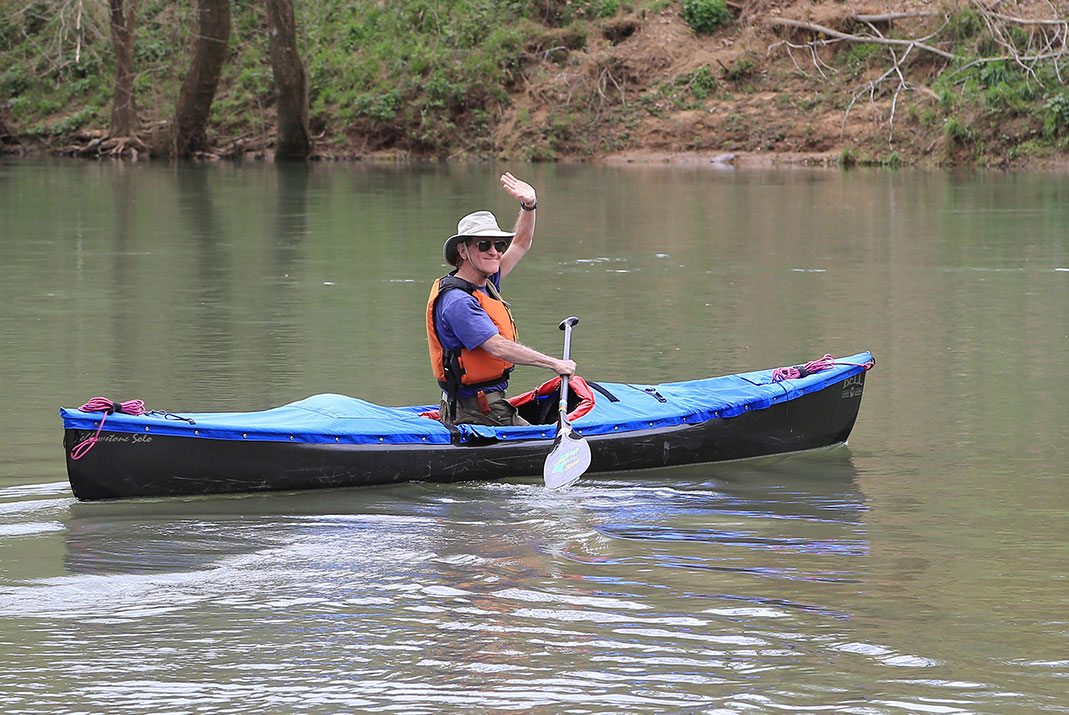
Q & A with Cliff Jacobson
1 One destination I dream of returning to…
is the Rio Grande River, on the Texas-Mexico border. This location still captivates me because the river is remote, spectacular canyons rise over 1,000 feet, challenging rapids, terrific camping and, oh yes, no bugs!
2My biggest pet peeve is…
those who don’t understand why ground cloths should go inside the tent.
3One thing I can’t live without on trip is…
my chair.
4The greatest advice I ever got was…
to minimize your skills. Best avoid problems by portaging, lining or choreographing dicey rapids.
5The canoe I’m paddling most right now is a…
Northstar Phoenix solo.
6The hardest part about making that dream trip happen is…
my age (80). I can’t carry 75-pound, big-water tripping canoes anymore.
7My best advice for young paddlers is…
skills are more important than things—learn before you buy.
8Happiness is…
my wife, Susie, my two daughters, my three solo canoes and camping gear, driving my mint ‘96 BMW Z3 roadster with the top down, and my guns. I love to shoot high-end air rifles and powder cartridge precision rifles and pistols.
9My most challenging expedition was…
the 1982 descent of the Hood River in Nunavut.
Far above the treeline, the 200-mile Hood River offers spectacular Barrens scenery, abundant Arctic wildlife and challenging whitewater. Jacobson says it was a three-day polar gale with sustained winds of 62 miles per hour that made this his most challenging trip. “You literally couldn’t stand up and walk against it. Normal tents—ours were reinforced Cannondale Aroostooks—would have shredded. During that time, the river rose about 10 feet, nearly washing the canoes away. When the storm subsided, the river was flooded with floating debris, huge waves piled up on the outside bends and the temperature was 45 degrees.”
10What scares me most is…
the drive to the river.
11
My favorite camp meals is…
ramen with dried hamburger, shitake mushrooms and dried veggies.
12The true gift of big trips is…
you live every moment for today.
13One thing I will never do again is…
invite anyone on a trip who is not a nice person. You can teach a nice person how to camp and paddle, but you can’t teach a skilled jerk to be nice.
This article was first published in Paddling Magazine Issue 64. Subscribe to Paddling Magazine’s print and digital editions here, or download the Paddling Magazine app and browse the digital archives here.
Cliff Jacobson on the Buffalo River in Arkansas. | Photo: Courtesy Cliff Jacobson




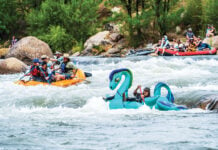
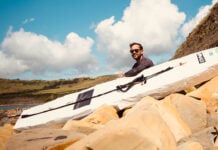
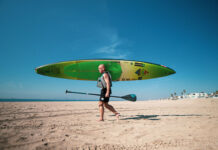
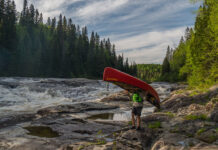
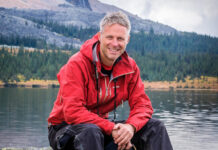

Cliff Jacobson is absolutely right about avoiding camping with unkind people, that their skills don’t compensate enough for a lack of being nice. Social skills are necessary for camping and any disaster that tests our emotional limits. Interpersonal friction can also lead to safety issues as well, like splitting off solo to avoid paddling with them or how it affects group decisions, to appease disruptive personalities.